MY BOOK WORLD

I wish books written with such frankness had been available when I was a boy. Dahlstrom tells the simple but interesting story of a twelve-year-old Colorado boy named Wilder who spends a week with his grandfather (called Papa). Why? Delicately revealed but not sugar-coated is the fact that his mother is being treated for cancer. While with his grandfather, Wilder learns all about ranching in the Texas panhandle. He learns more about diamond-back rattlesnakes when one appears in the blind where he and Papa have sighted a deer. Wilder learns what branding is all about, how the male calves are castrated and their testicles pan-fried as an epicurean delicacy. The author reveals so much rich information about a Texas ranch without being didactic. At the end of the week, Papa drives Wilder back to Colorado (he’d taken the bus down), an eight-hour journey that ends in the dark. But he returns to find out his mother will be all right. And . . . he has returned with his new knife stained with bovine blood as well as the skin and rattler of that snake Papa kills in the blind. A satisfying story that a child can live vicariously for the time it takes to read it!
Up Next:
TUES: A Writer's Wit | Carol Windley
WEDS: A Writer's Wit | Salman Rushdie
THURS: A Writer's Wit | Lillian Hellman
FRI: My Book World | Alice McDermott, Absolution



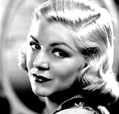
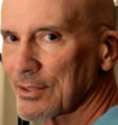


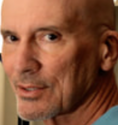

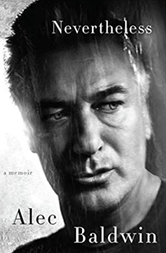
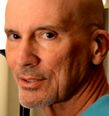
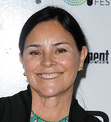
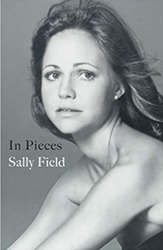

 RSS Feed
RSS Feed